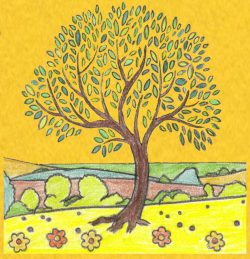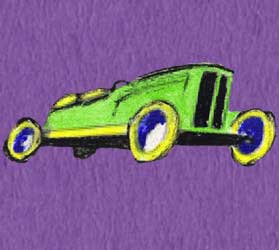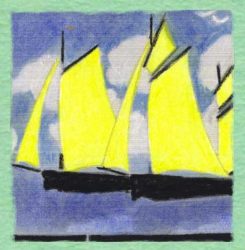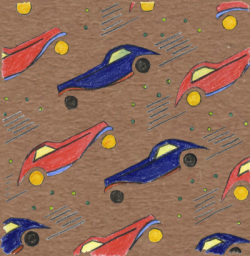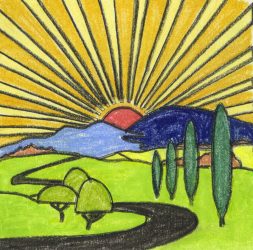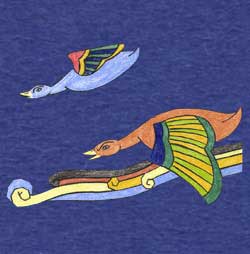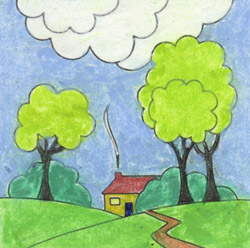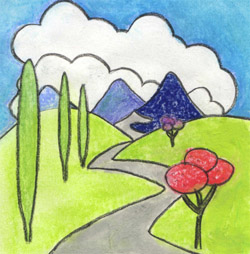My great-uncle, Arthur Lissenden, was a jobbing artist and amongst the things he illustrated was this Ardwick Green Empire playbill from 1927. I have 3 original variety theatre playbills hanging on my bedroom wall. The Ardwick Green Empire, Chiswick Empire and Shepherds Bush Empire. As I gaze at them every night but know precious little about the acts themselves, I thought it was time I rectified that with some research.
Each of the established turns on the circuit had a phrase that would be printed with their name to give the audience an idea of what they were in for. This bill matter became something they were very closely associated with, often turned by the performer into a catchphrase.
Ardwick Green Empire playbill, 1927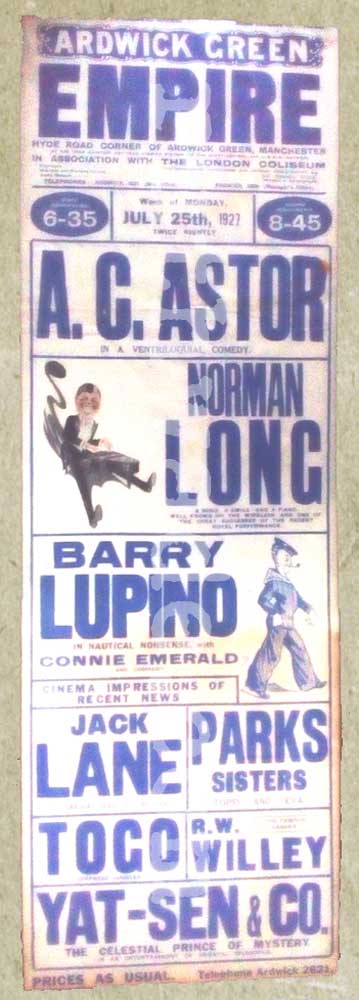
Note the performance at the Ardwick Green Empire was twice nightly: the acts certainly earned their money in those days. Also that there was a slot for showing ‘cinema impressions of recent news’ the 1920’s equivalent to catching up with events online.
A. C. Astor
One of the world’s leading ventriloquists of the era. He was hugely popular, appearing at the Royal Variety Performance in 1927 (and again in 1931) as well as giving private performances for George V and Queen Mary. He specialised in comic routines where the dummies had dysfunctional characters and stories to tell that combined pathos with swaggering bravado. There was the dazed & defeated boxer; the deserting sailor charged with being drunk and disorderly; and his most famous, Sentimental Mac the jilted chauffeur. You can watch him doing his stuff with Sentimental Mac in this Pathé film. He smokes a cigar at the same time (Astor, not Mac) which is pretty impressive but I must admit to seeing his lips move. Although the The Stage newspaper had to say of him in 1927: ‘It is good to watch his facial immobility and listen to his witty patter’. To be fair, I’m sure that’s how it appeared from across the orchestra pit.
He also wrote the Just Jottings column for The Stage. Here is the lovely opening to his musings on holidays:
‘The essence of a holiday really lies in those few seconds when you open your eyes and gaze around an entirely different room, after a long refreshing sleep in an old-fashioned feather bed, to which you have crept, dog tired . . .’
Norman Long
A song, a Smile, and a Piano. His bill matter pretty well sums up what he did. Note that he increased his fame and audience by appearing on the radio (‘wireless’). He was on the bill at the Royal Variety Performance in 1927 (and again in 1931). Caricature courtesy of great-uncle Arthur.
Barry Lupino
In nautical nonsense. I guess you could guess that from his rig. He came from a family that could boast over 400 years in the performing arts (first credited c1600). His niece was the famous Hollywood silent film star, Ida Lupino, known as The Queen of Smoulder. Barry was revered amongst his peers for being a serious-minded comic and renowned authority on his family’s theatrical provenance.
Jack Lane
The Yorkshire Yokel at the Piano. Acts featuring dialect and regional humour was greatly loved in the 1920s. Possibly for the novelty value in an era where ordinary people didn’t travel much and their exposure to startlingly different accents was often only on the wireless. According to The Stage ‘Jack Lane greatly amuses audiences’. Appearing at the Holborn Empire with his new comedy entitled When Banana Skins are Falling he ‘divides his time between snippets of song and racy patter, and causes hearty merriment with both’. (Racy in this context means fast – not saucy!).
Parks Sisters
The American Topsy & Eva first came to the attention of London audiences at the Shepherds Bush Empire in 1927 (see my playbill for Nov 1927). The same year in which they performed before H.R.H. Prince of Wales. The Stage gave them various write-ups saying they were ‘clever and dainty’ they have ‘a sparkling act with singing and dancing as its chief features, and plenty of cheerful and spirited antics to enrich’ and that they were ‘great favourites with their harmonised songs’. So, this multi-talented duo were a smash hit all-round but, above all, they were dainty.
Togo
A Japanese juggler who The Stage reported as ‘clever’ and that he had ‘several excellent juggling feats’. I found a Pathé film of a Togo, who is Japanese, and who juggles. I’m willing to bet he’s one and the same man.
R.W. Willey
The Famous Dancer. Can’t say I’ve ever heard of him but The Stage said he could be relied upon to give ‘a smart step-dancing display’.
Yat-Sen & Co
The Celestial Prince of Mystery. In an Oriental Splendour. Newcomers in 1927, Yat-Sen & his troupe appear to have impressed audiences from the off. The Stage said they ‘offer a variety of magical problems that are well presented and calculated to baffle the majority of spectators. New tricks and more familiar experiments are included’. Yat-Sen was hailed as ‘a true showman who baffles and bewilders those in front with his sleight-of-hand’. I expect you felt shortchanged if perched up in the gods where you couldn’t see anything at all.
Variety theatre has a starring role in my 1920’s East End London novel Foul Trade and here are two pieces I wrote about the research that went it: Clear the stage, dim the lights and Music halls and all things theatrical, darling. You will find my great-uncle Arthur pops up again.








